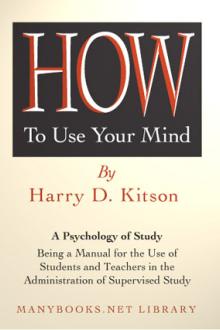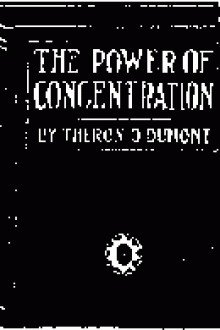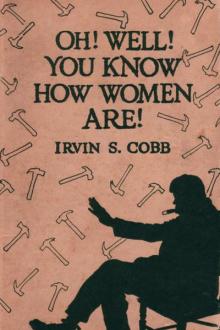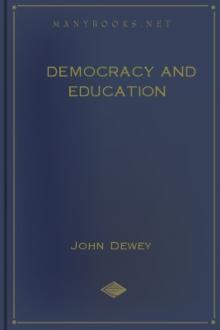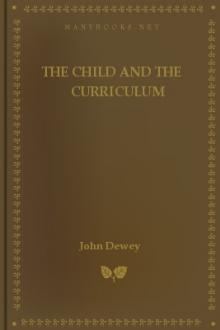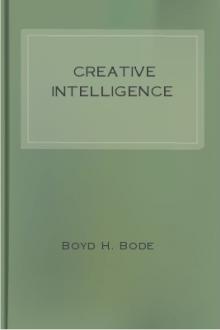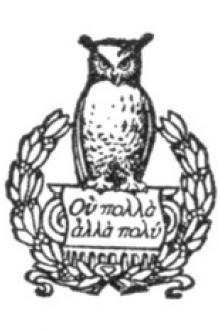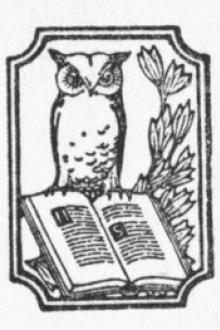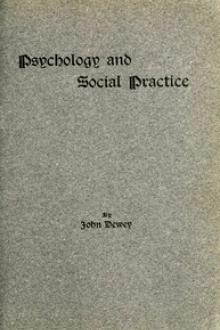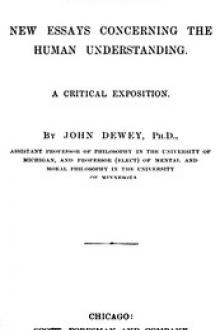Moral Principles in Education
Moral Principles in Education
The relations of education to the public are different from those of any other professional work. Education is a public business with us, in a sense that the protection and restoration of personal health or legal rights are not. To an extent characteristic of no other institution, save that of the state itself, the school has power to modify the social order. And under our political system, it is the right of each individual to have a voice in the making of social policies as, indeed, he has a vote in the determination of political affairs. If this be true, education is primarily a public business, and only secondarily a specialized vocation. The layman, then, will always have his right to some utterance on the operation of the public schools.
Book Excerpt
n the political side.
New inventions, new machines, new methods of transportation and intercourse are making over the whole scene of action year by year. It is an absolute impossibility to educate the child for any fixed station in life. So far as education is conducted unconsciously or consciously on this basis, it results in fitting the future citizen for no station in life, but makes him a drone, a hanger-on, or an actual retarding influence in the onward movement. Instead of caring for himself and for others, he becomes one who has himself to be cared for. Here, too, the ethical responsibility of the school on the social side must be interpreted in the broadest and freest spirit; it is equivalent to that training of the child which will give him such possession of himself that he may take charge of himself; may not only adapt himself to the changes that are going on, but have power to shape and direct them.
Apart from participation in social life, the school has no moral end nor aim. As long
FREE EBOOKS AND DEALS
(view all)Popular books in Non-fiction, Essays
Readers reviews
5.0
LoginSign up
Moral Principles in Education is John Dewey's most accessible title. It offers an excellent presentation of Dewey's philosophy of education with reference to the challenges of public education in a democratic society. Dewey accepts the validity of Aristotle's observation that children must be educated in accordance with the kind of government under which they will live. Life in a democratic society thus implies a specific quality of education appropriate to the challenges of democratic social life. In this title, Dewey makes it clear that democracy is more than a form of government, but a mode of associated living which optimizes the resolution of social problems. As such, there are specific social, moral principles which need to be acknowledged if we are to competently prepare the young for social life in a democratic society. After all, democratic principles by themselves are not the solution to social problems; rather, they demarcate the means by which we seek to address social problems. This makes it essential that young people learn these principles in school so that they will become adults who are competent in addressing social problems. As Dewey emphasizes in this text, there cannot be two sets of moral principles: one for inside the school and one for outside the schools. Only be experiencing democratic social principles in school, and their moral implications, can we learn how to apply these principles to the social life of a democratic society.
- Upvote (0)
- Downvote (0)
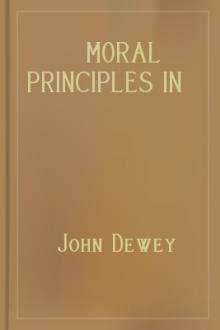
 Free Download
Free Download

















